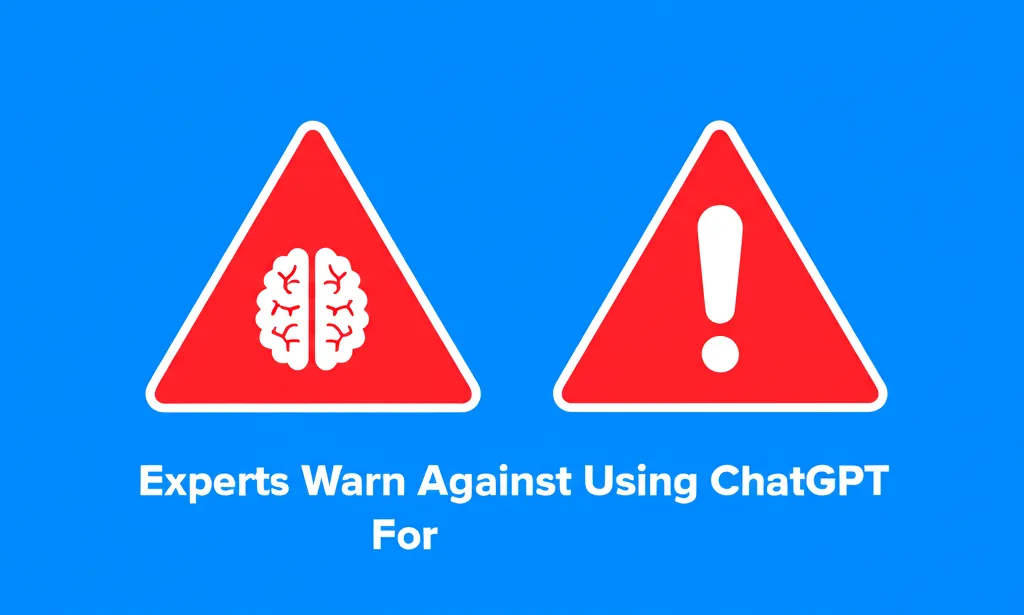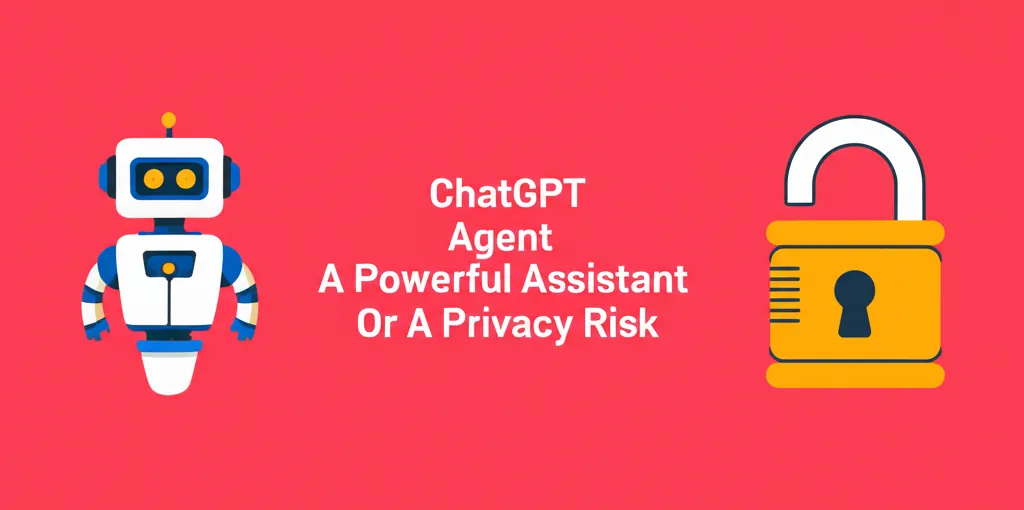Developer Offer
Try ImaginePro API with 50 Free Credits
Build and ship AI-powered visuals with Midjourney, Flux, and more — free credits refresh every month.
Sam Altman Warns Against Over Relying On ChatGPT
In a significant statement from one of the technology's primary architects, OpenAI CEO Sam Altman is cautioning people to cool their reliance on ChatGPT for making important life choices.
Sam Altman said it "feels really bad" that many young people are becoming dependent on AI for basic decision-making.
Altman's Concern Over AI Dependency
Speaking at a Federal Reserve banking conference, Altman pointed to a troubling trend of "emotional over-reliance" on the AI chatbot, especially among younger users. He shared anecdotes that he finds deeply concerning.
"People rely on ChatGPT too much," Altman stated. "There's young people who say things like, 'I can't make any decision in my life without telling ChatGPT everything that's going on. It knows me, it knows my friends. I'm gonna do whatever it says.' That feels really bad to me." He clarified that this is not an isolated issue but "a really common thing with young people."
The Growing Trend Among Young Users
Altman's observations are supported by recent data exploring how teenagers interact with artificial intelligence. It appears young people are increasingly turning to AI not just for information, but for personal guidance and companionship.
A revealing report from Common Sense Media found that an overwhelming 72% of teens have used an AI companion. Of those, half admitted to trusting the advice they received at least "somewhat." The report also suggests trust is higher among younger teens (ages 13-14) compared to older ones (15-17). Most alarmingly, within the group of teens who trust their AI companions, 23% said they trust them "quite a bit" or "completely."
The Dangers of Algorithmic Life Choices
The concern for the OpenAI CEO extends beyond simple overuse into a more philosophical realm about human autonomy. He voiced worries about a society that might begin to outsource its collective judgment to algorithms.
"Even if ChatGPT gives great advice, even if ChatGPT gives way better advice than any human therapist, something about collectively deciding we're going to live our lives the way AI tells us feels bad and dangerous," Altman explained. He acknowledged that OpenAI is taking this issue seriously, noting, "We're trying to understand what to do about it." This highlights the complex ethical challenge of managing the societal impact of such a powerful and widely adopted technology.
Compare Plans & Pricing
Find the plan that matches your workload and unlock full access to ImaginePro.
| Plan | Price | Highlights |
|---|---|---|
| Standard | $8 / month |
|
| Premium | $20 / month |
|
Need custom terms? Talk to us to tailor credits, rate limits, or deployment options.
View All Pricing Details

